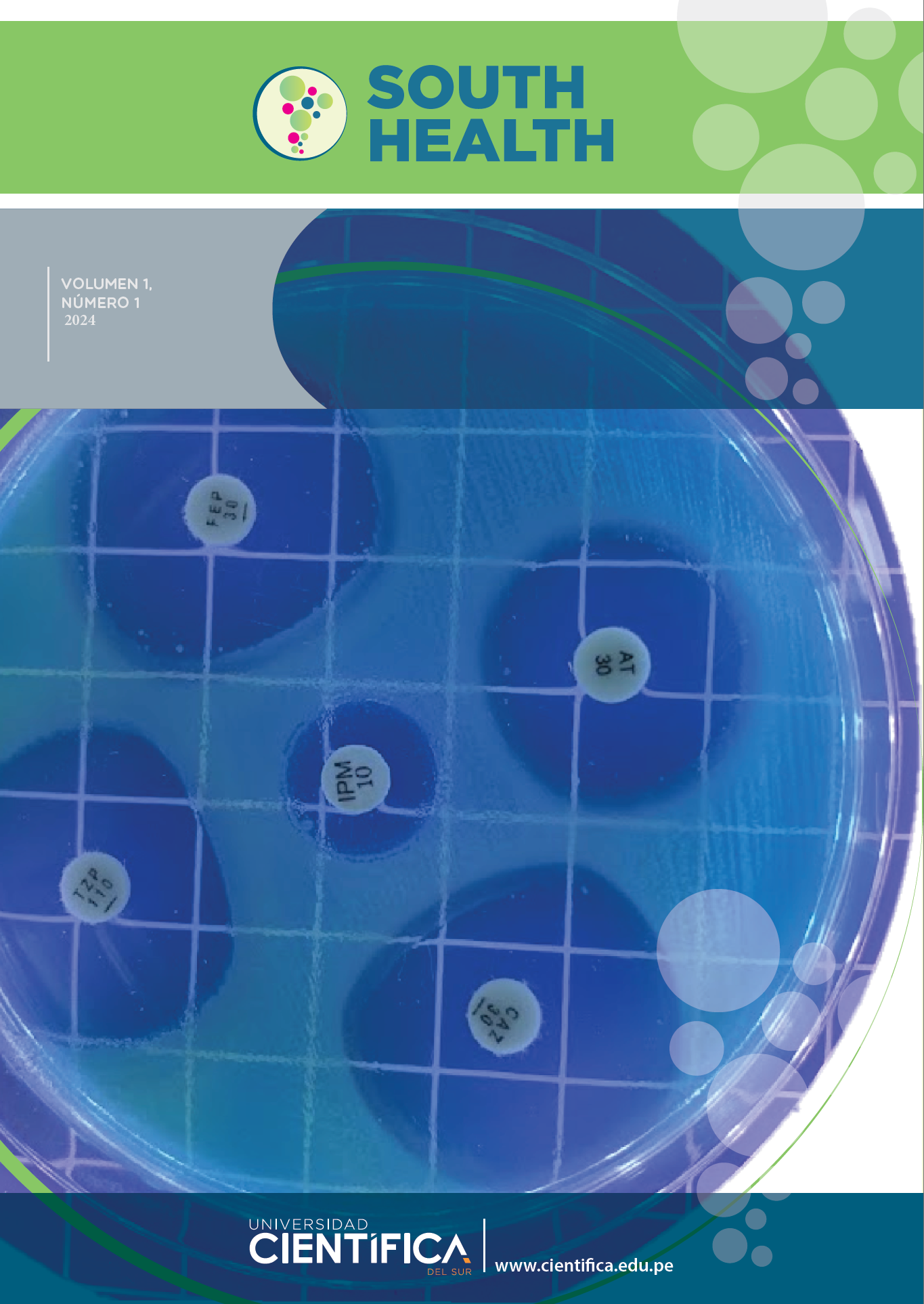Environmental Stress, Bacterial Cell Differentiation,and Antimicrobial Resistance
DOI:
https://doi.org/10.21142/SH-01-2024-e005Keywords:
Environmental Stress, Antimicrobial Resistance, Bacterial Cell Differentiation, Bacterial EvolutionAbstract
Environmental stress, either natural or anthropogenic, influences both the form and function of bacterial cells. The general stress adaptive response of bacteria alters the bacterial shape, resulting in functional changes, as the bacterial cell has associated “organules” and molecular interactions that are dependent on the cell’s topology. These changes in form and function are frequently linked to bacterial differentiation, that is, the reversible production of an alternative “type of cells” more tolerant or persistent under stress. The main examples of bacterial cell differentiation are sporulation and conditional filamentation. Both strategies are extremely ancient in the bacterial tree of life, and probably most bacterial cells on Earth adopt one or another, or both of such adaptive responses. However, these phenotypic adaptations (that is, without inheritable genetic changes) can favor the emergence of permanent genetic changes. The main concept is that, because the generalized stress response and cellular differentiation, environmental stress can influence antibiotic resistance, and, conversely, the rise of antibiotic-resistant cells can have consequences in the environmental adaptation of the bacterial organisms. The confluence of both types of stress should therefore be considered as a risk and probably might accelerate the path of bacterial evolution.
Downloads
Downloads
Published
Issue
Section
License
Copyright (c) 2024 South Health

This work is licensed under a Creative Commons Attribution 4.0 International License.








